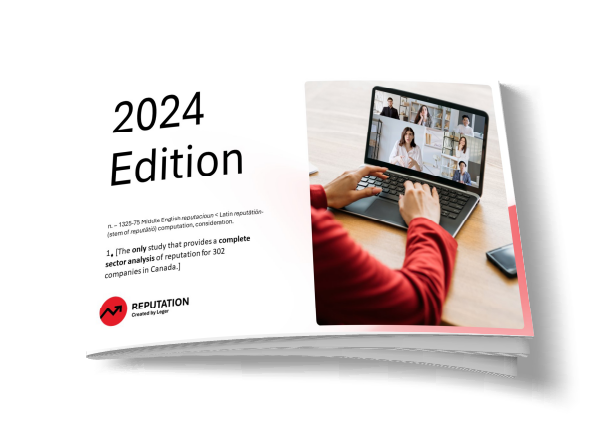Gain valuable perspectives
Stay on top of North America’s latest market trends, industry shifts, and more with our latest insights.
Get the latest news
Inform your strategies and get better insights through our latest free reports and articles.

Reaction to the Canadian Federal budget
From April 19 to April 21, 2024, we surveyed Canadians to find out their opinions and perceptions on the 2024 Canadian federal budget.Some...
Political Alignment of Newcomers to Canada
Following the release of our recent study, Cracking the Newcomer Code, Leger surveyed newcomers to Canada on their political alignment...
Canadian Federal Budget
As the federal budget unveiling approaches, Canadians are more concerned than ever in the financial direction of the country. From April...
British Columbia Government Report Card: April 2024
Every few months, Leger, in partnership with Global Public Affairs, conducts a study on the performance of the British Columbian...
Alberta Government Report Card: April 2024
Every few months, Leger, in partnership with Global Public Affairs, conducts a study on the performance of the Alberta government. This...
Explore new market intelligence
Level up your decision-making in your industry with research-backed intelligence to propel you forward.

Improve Your Brand Reputation With Reputation 2024
Companies evaluated in our Reputation 2024 study can gain access to an exhaustive report detailing their brand reputation. Discover public...
Spring Travel Plans
As winter begins to phase out and spring comes roaring in, Canadians have felt the need to get out of their city and travel to other...
Unlock the Potential of Canadian Newcomers in 2024
Discover the insights of our "Cracking the Newcomer Code" study, an essential resource for Canadian banks, insurance companies, government...
Cracking the Newcomer Code: Fostering Successful Integration of Newcomers in Canada
The face of Canada is changing and continues to evolve with the arrival of newcomers. Armed with a wealth of experience and unique...
Federal Politics and the Economy
Every month, we conduct a survey of Canadians and Americans to explore their views on the economy, finances, and their respective...
Get the latest in your inbox
Stay up to date on cutting-edge research, news, intelligence, and more.
